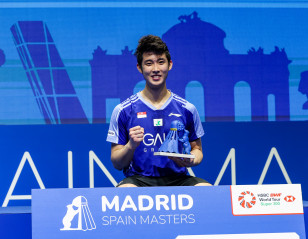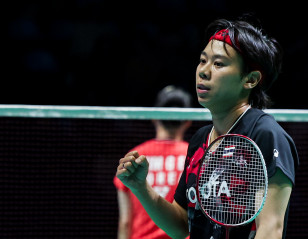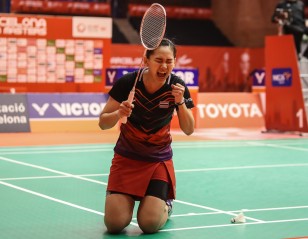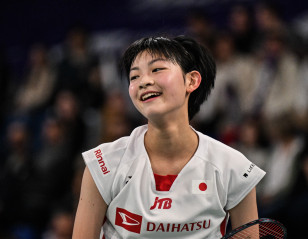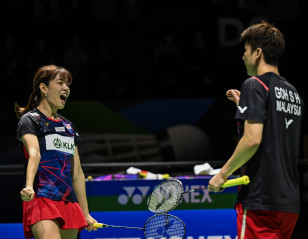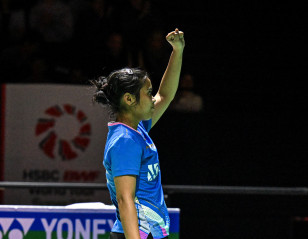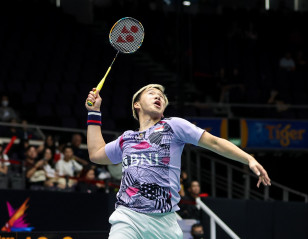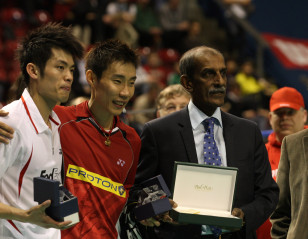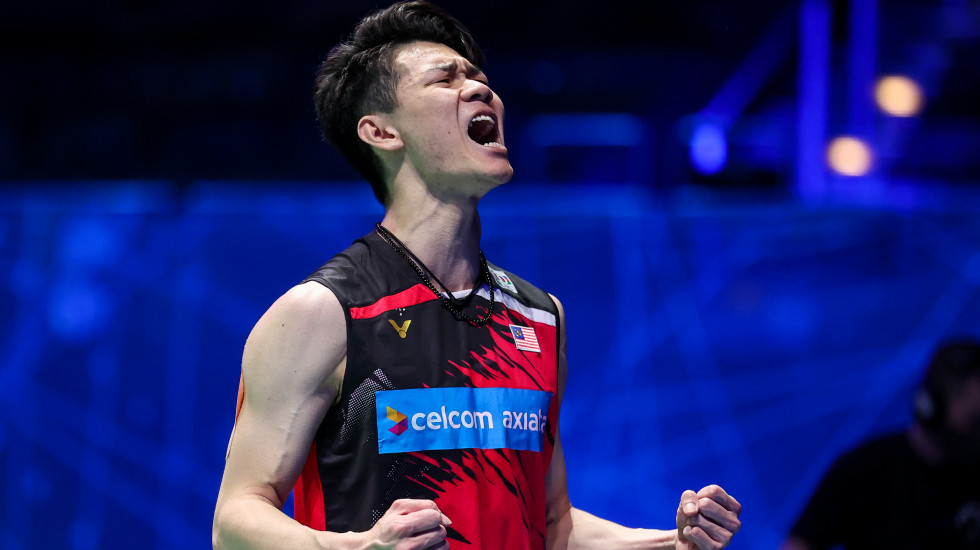
Lee Comes of Age
A new Olympic medal contender has arrived.
First came his victory over top seed Kento Momota in the YONEX All England quarterfinals – Lee Zii Jia’s first win in seven matches over the reigning world champion. Then, in the final, he delivered the coup de grâce over no less a player than Viktor Axelsen, who has been on a roll, it being his seventh straight final.
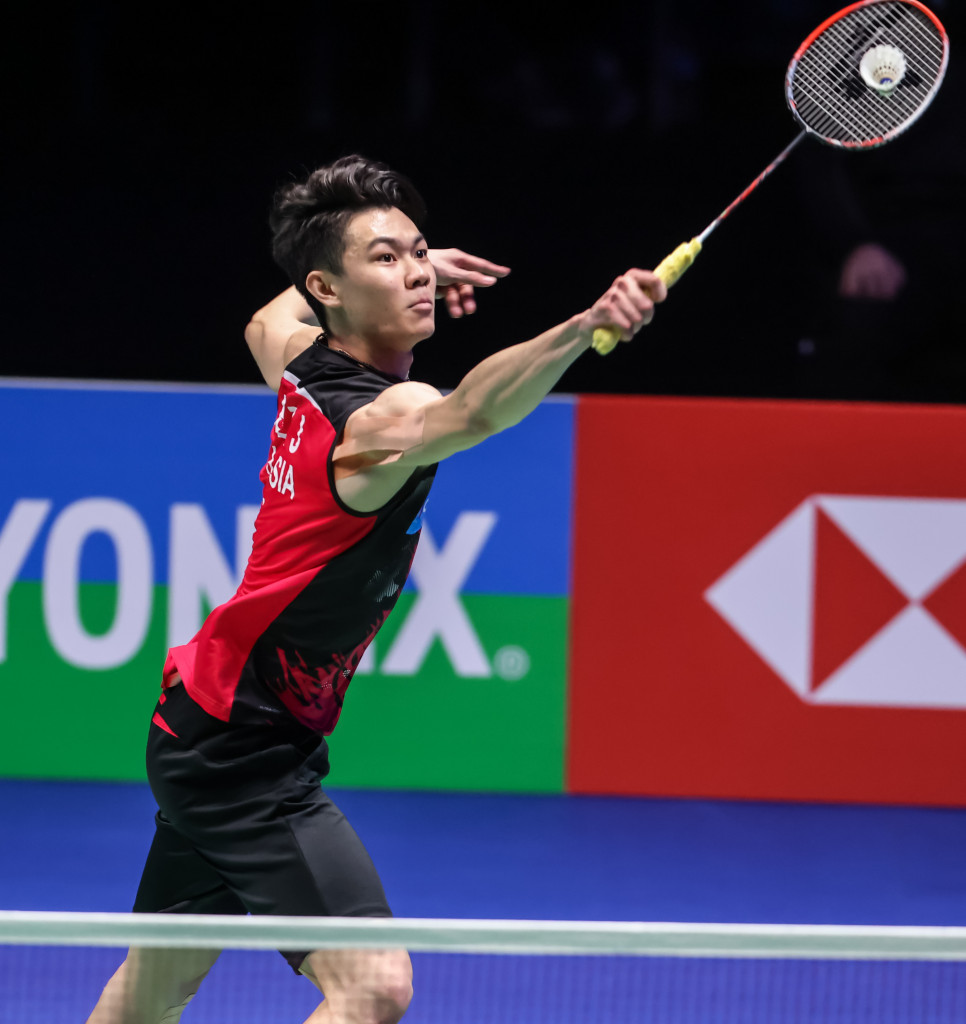 How difficult a task it would be to get the better of him was indicated by Axelsen himself, on the eve of the final.
How difficult a task it would be to get the better of him was indicated by Axelsen himself, on the eve of the final.
“It’s Lee Zii Jia’s first All England final, so it’s definitely going to be exciting and maybe there’ll be some nerves also,” the Dane said. As someone who has played several major finals, including the previous All England, Axelsen knew he was in familiar territory compared to the Malaysian, who was in his first major final.
When the All England began, Lee was an unlikely candidate to feature in the final. It was true that he had nearly taken out Axelsen in the previous year’s semifinal, but a lot had changed since then. Axelsen, having won that title, returned in 2021 as a nearly unstoppable machine, winning two out of three finals at the Asian Leg by decimating most of his opponents.
Lee, on the other hand, could win only one match in the three tournaments; his losses included a 21-15 21-4 whipping at the hands of Axelsen.
After beating Momota at the All England, the Malaysian revealed how much the Bangkok performance had weighed him down.
“After the Asian Leg, many people commented about me, many asked if I was worth being in the top 10. I also questioned myself many times.
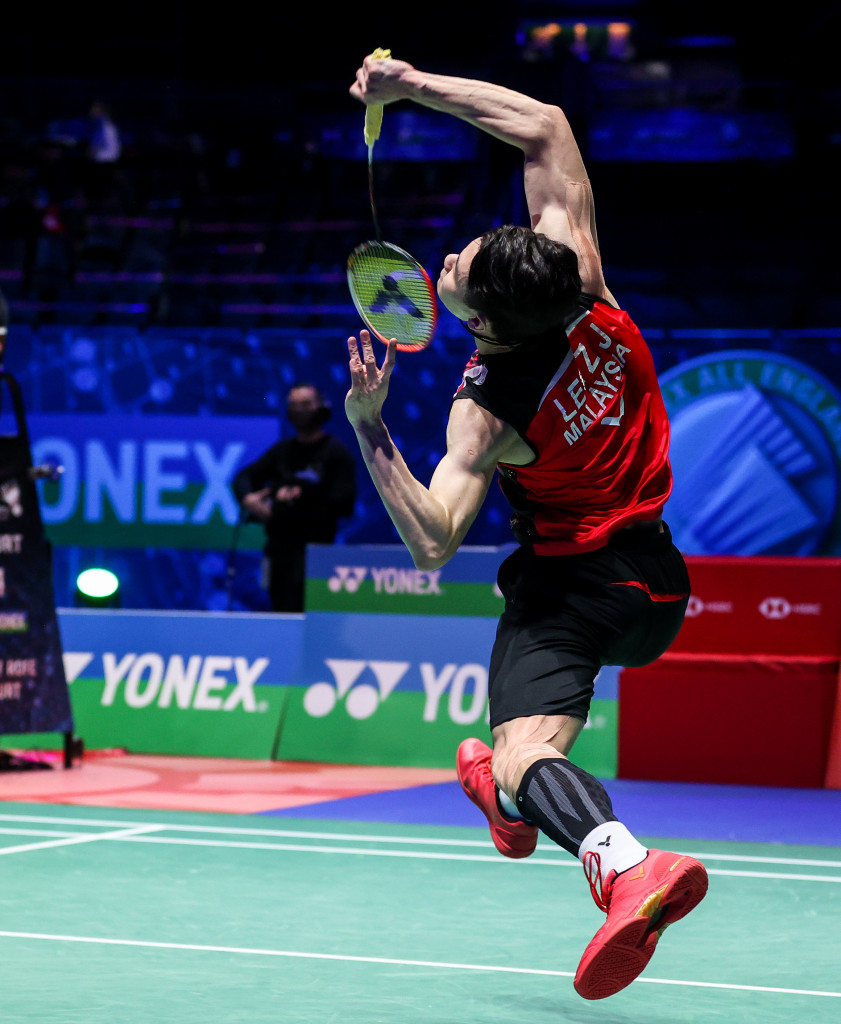 “I worked a lot on my mental approach. It wasn’t easy to get through.”
“I worked a lot on my mental approach. It wasn’t easy to get through.”
Lee held nothing back as the final unfolded. He challenged Axelsen every inch of the way, matching his formidable opponent at the aggressive game. Equally, he was a revelation in defence, crouching low to parry most of Axelsen’s big blows. At the net he displayed delectable touch, often keeping the shuttle at the net even with the big Dane hovering right in front.
In many ways, he was doing to Axelsen what the Dane usually does to other opponents. Above all else, he was incredibly composed despite failing to convert six opening game points.
It might have been tempting to ease his foot off the pedal after that tense opening game, but Lee continued in the same vein – pouring on the pressure when he had the opportunity; defending like his life depended on it, and pouncing on half-chances at the net. At 18-14 the title was nearly in his grasp, but Axelsen staged a fine comeback and the Malaysian had to start all over again. Yet, the physical effort had cost Axelsen too much, particularly after three long matches during the week, and he quickly fell behind in the third. There were no jittery moments from the Malaysian as he converted his first match point.
“I’m happy, sad, excited, everything has come in one moment,” said Lee.
“I think both of us played very well until the third game, when Axelsen lost a bit of focus and that’s the moment I had the advantage. In the first game at 30-29 it was already a very tough game, and coming into the second game I had to focus on every single point. I couldn’t afford to lose focus on the points, otherwise my opponent would have taken advantage of it. This is what I told myself: ‘focus on every point’.”
Lee will now be looked at in a different light in all future tournaments. In the run-up to the Olympics, he will be seen as one of the top prospects.
Lee himself tried to downplay those expectations, but if he continues to play at the level he displayed in Birmingham, men’s singles will have a new star adding to its spectacle.




















